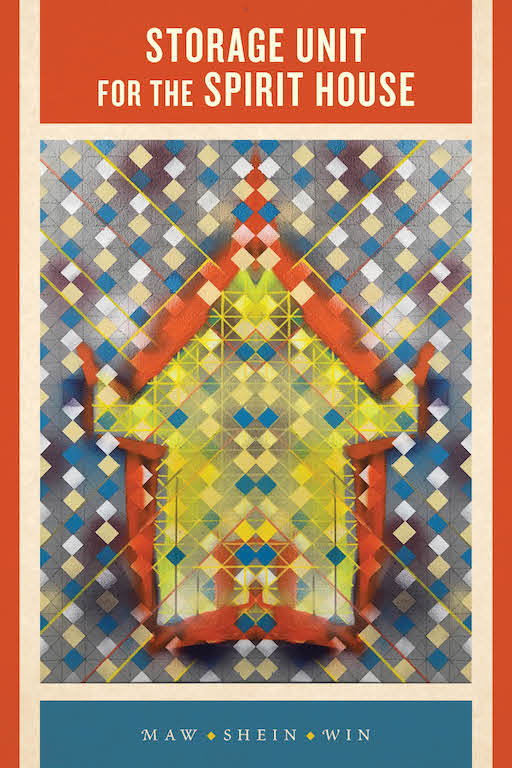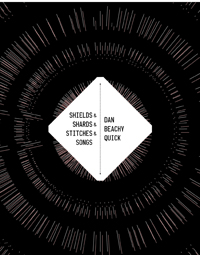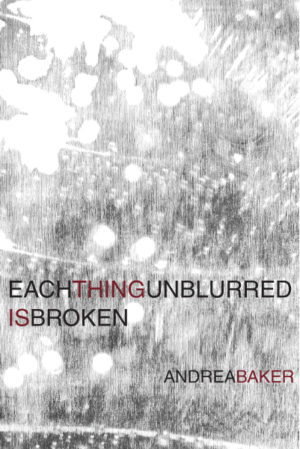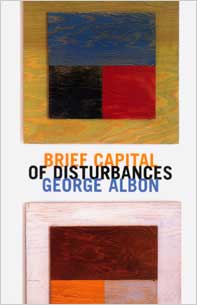Description
With sharp focus and startling language, the poems in Maw Shein Win’s second book, Storage Unit for the Spirit House, look through physical objects to glimpse the ephemeral, the material, and the immaterial. Vinyl records, felt wolverines, a belt used to punish children, pain pills, and “show dogs with bejeweled collars” crowd into Win’s real and imagined storage units. Nats, Buddhist animist deities from her family’s homeland of Burma, haunt the book’s six sections. The nats, spirits believed to have the power to influence everyday lives, inhabit the storage units and hover around objects while forgotten children sleep under Mylar blankets and daughters try to see through the haze of a father’s cigarette smoke.
Assemblages of both earthly and noncorporeal possessions throughout the collection become resonant and alive, and Win must summon “a circle of drums and copper bells” to appease the nats who have moved into a long-ago family house. This careful curation of unlikely objects and images becomes an act of ritual collection that uses language to interrogate how pain in life can transform someone into a nat or a siren that lives on. Restrained lines request our imagination as we move with the poet through haunted spaces and the objects that inhabit them.
Win’s poems feel vital and necessary, a surrealistic call to arms to awaken our souls before it is too late… Win’s collection takes as its literal subject compartments, vessels, and spaces, such as storage units, vases, tombs, towers and hallways. The objects they house are enigmatic — they derive from human consciousness. Ultimately, one has the sense that Win’s storage units, as varied and unusual as they are… represent moments of necessary stillness in a world where achieving stillness, or self-reflection seems almost impossible. It is as though Win were instructing us to tend to our own souls, to nourish them, to surround ourselves with beauty, even if that beauty is ringed in sadness.
Eve Wood, Los Angeles Review of Books
Storage Unit for the Spirit House is a long book that never feels overstuffed… Win’s placement of detail is masterful, with vowels and consonants supporting the speaker’s pain. Her early life living with two doctors makes her technical, medical terms (“osteoblasts & osteocytes”) fit into the context of realization that “something’s not right.” Storage Unit for the Spirit House is brave and multifaceted. It smolders and sings.
Barbara Berman, The Rumpus
To enter the spirit houses, storage units, and myriad spaces Maw Shein Win opens for us in the pages of her new collection Storage Unit for the Spirit House is to enter a universe where familiar objects and structures take on new shapes and significance. The poems are tight, condensed, and without digression, and the result is transporting. Shein Win sets scenes with particularity and immediacy to fully immerse the reader in each storage unit or sky, water, or physical space, and her sparing use of punctuation, along with lineation that includes short lines and ample white space, dictate a slow, thoughtful pace.
Amanda Moore,Women’s Voices for Change
Nothing is quite certain [in Maw Shein Win’s Storage Unit for the Spirit House] –yet it nevertheless moves us through the realms of “the sovereign power of the nats,”… to a woman’s aging; to family history; the disempowering effects of gossip and negative comparison to other family members; to the “consolations” of eating sweets; and finally to the pain of living through time and the anguished coming of night upon night… As we read we are pulled between a sense of some sort of unity and, at the same time, a somewhat chaotic reality… It simultaneously reveals and conceals. It teases the reader into the belief that s/he understands it but it never affirms that the emerging understanding is correct.
Jack Foley, Konch Magazine
The poems in this collection don’t approach metaphysical questions head on, but I feel that they are in keeping with something that the Buddha said: see for yourself. Win offers up one evocative image after the other — brown hands on an oar, a flooded temple, a human body moving like a snail across a treatment table — so that we, her lucky readers, can see for ourselves where meaning might lurk.




